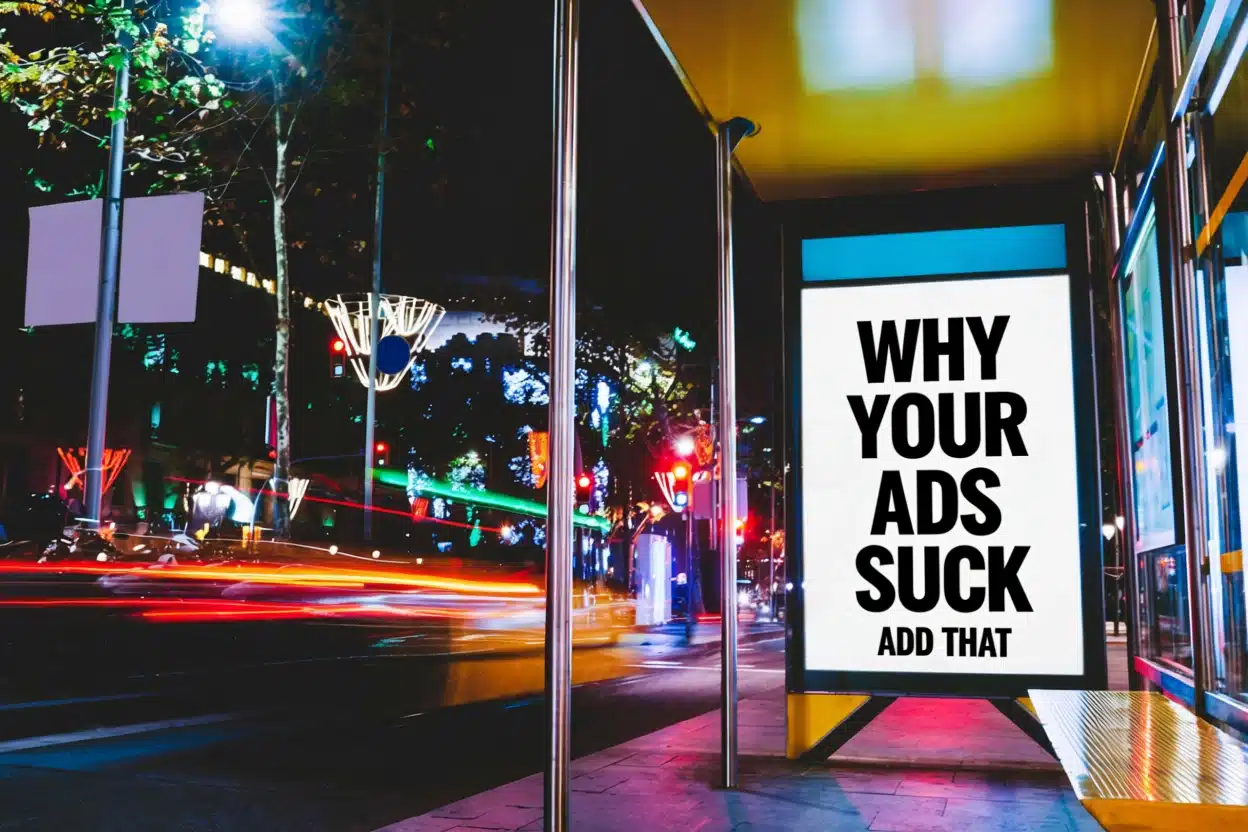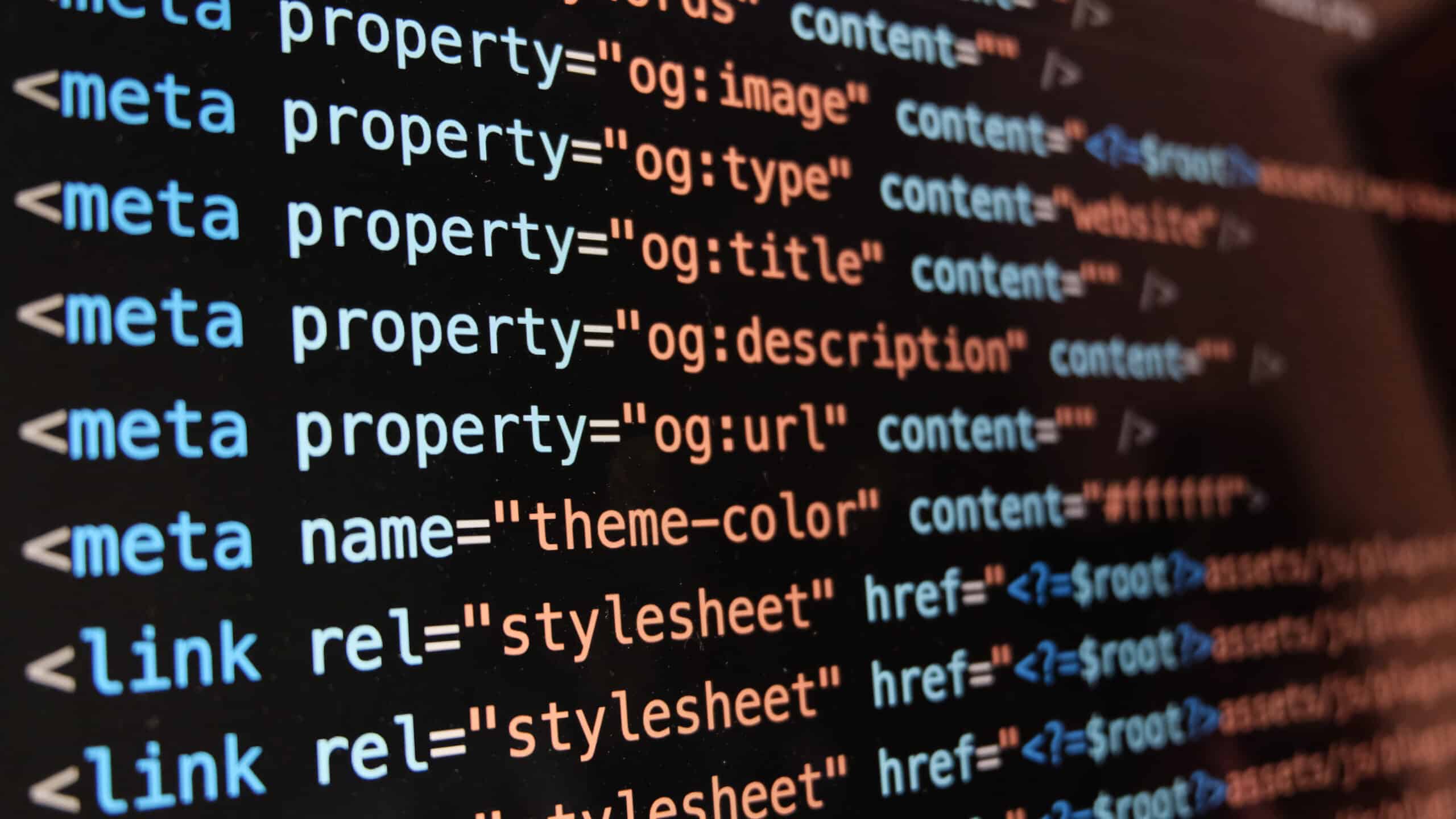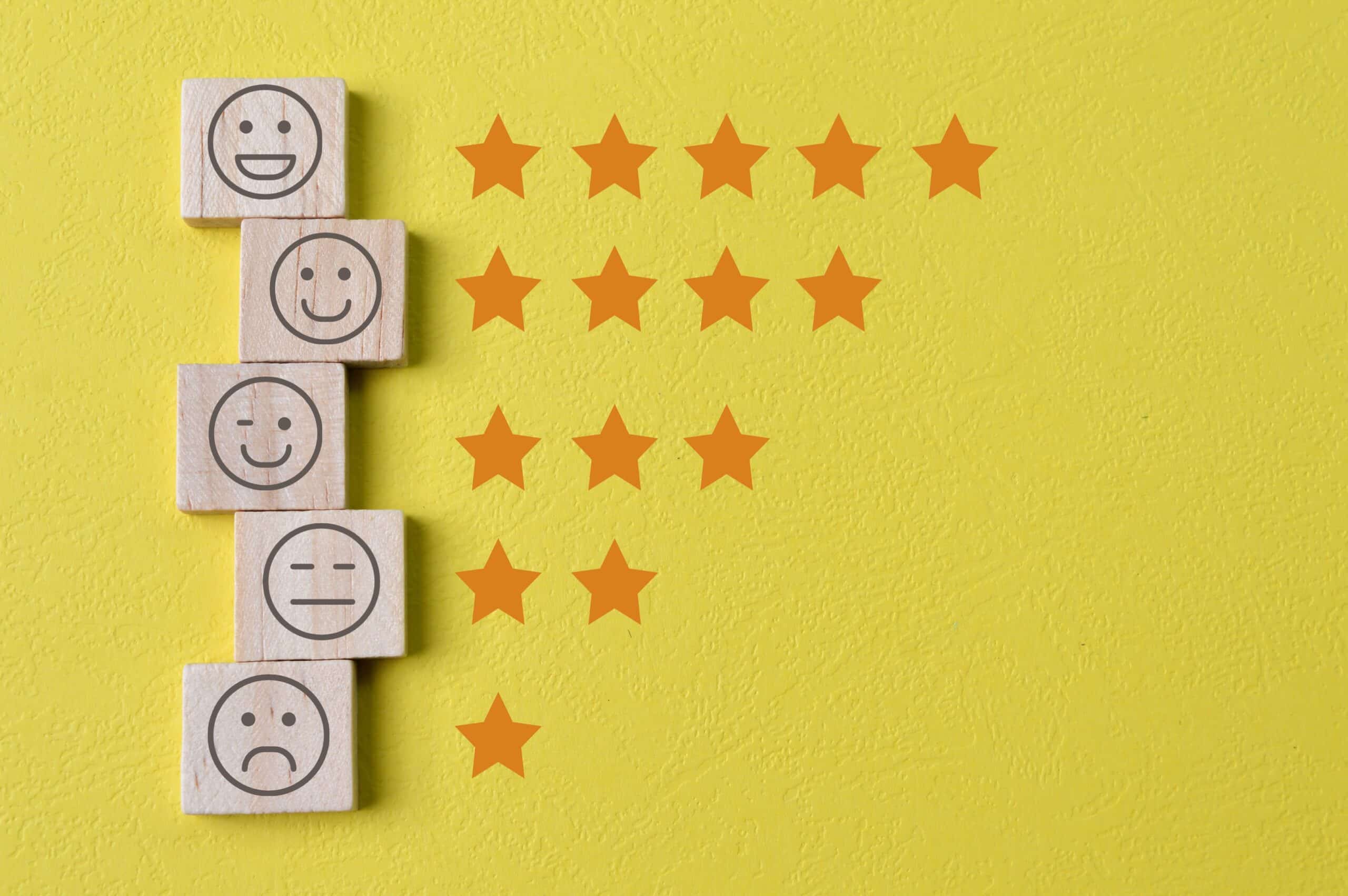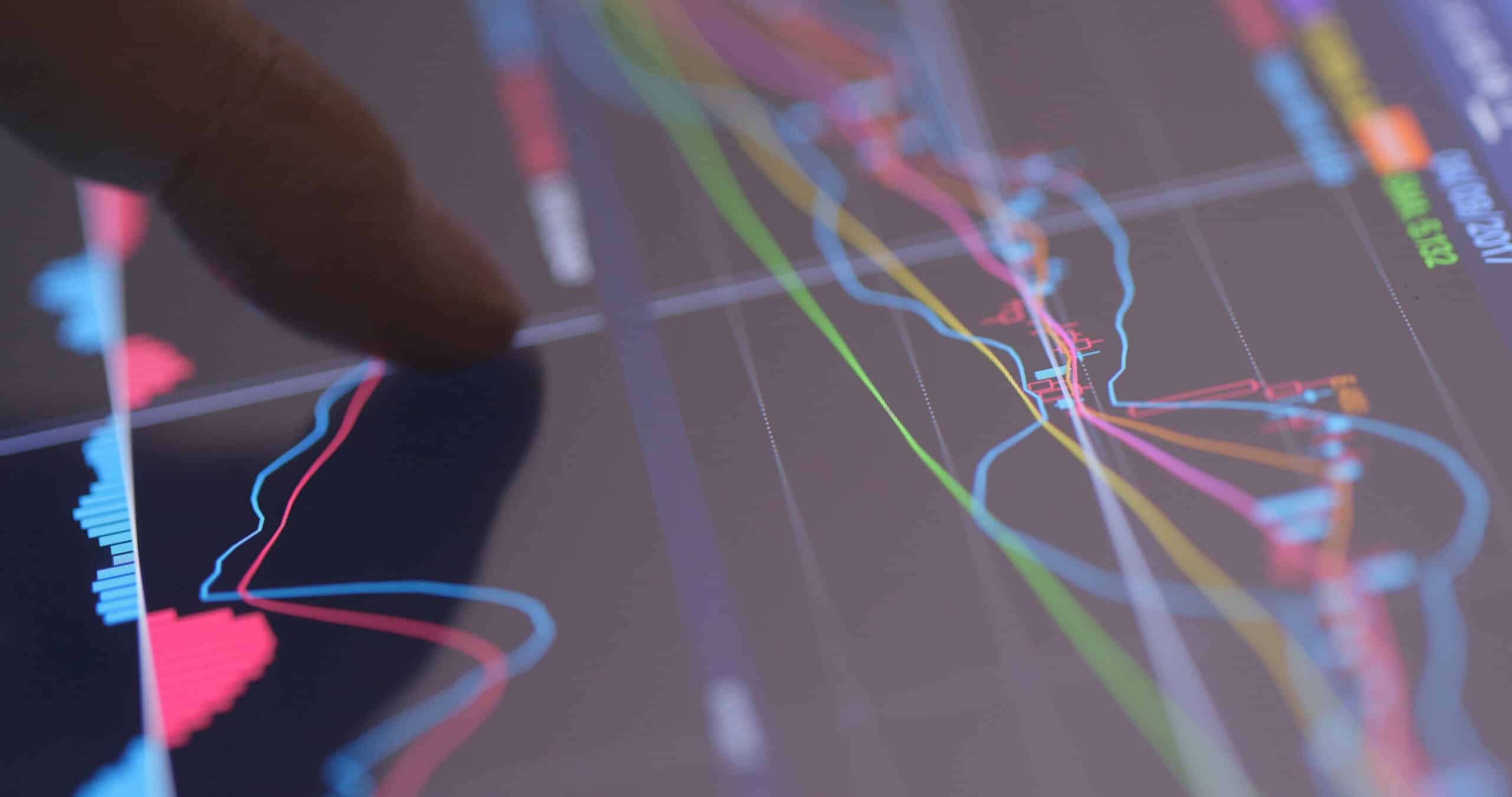Artificial Intelligence (AI) is reshaping the landscape of online marketing in ways we never thought possible. From automating tedious tasks to providing deep insights into consumer behaviour, AI in online marketing is proving to be a game changer. As businesses strive to keep up with the rapid pace of technological advancements, understanding how to adapt to these changes is crucial for staying competitive.
Key Takeaways
- AI simplifies content creation, saving time and effort for marketers.
- Targeted advertising becomes more precise with AI analysing user data.
- Personalised recommendations keep users engaged and improve conversion rates.
- Chatbots provide instant customer support, enhancing user experience.
- Budget optimisation through AI leads to better allocation of resources.
1. Content Generation
Okay, so content creation? It’s always been a massive time sink. Brainstorming, writing, editing… it feels like it never ends. But now, AI is stepping in, and honestly, it’s a game-changer. AI tools can now generate entire articles, social media posts, and even video scripts. It’s not about replacing us, the humans, but more about giving us a serious head start.
Think about it: you’re staring at a blank page, struggling to come up with something fresh. An AI tool can spit out a few drafts in minutes, giving you something to work with. It’s like having a tireless assistant who never runs out of ideas. Of course, you still need to add your own flair and make sure everything is accurate, but the initial hurdle is gone.
I was messing around with one of these AI writing tools the other day, and it came up with a pretty decent blog post outline in seconds. Saved me a good hour of head-scratching, at least. It’s not perfect, but it’s a solid starting point.
AI algorithms analyse user data, such as engagement patterns and content preferences to create content that strikes the chord with your target audience. AI can also help with:
- Generating ideas for social media posts.
- Suggesting variants for different objectives, audiences and channels.
- Creating high-quality content, captions, templates, grids and even philtres tailored to embody your social media persona.
It’s early days, but the potential is huge. Imagine being able to create personalised content for every single customer, without spending a fortune on writers and editors. That’s the promise of AI-powered content generation. It’s about making the whole process faster, easier, and more effective. And who wouldn’t want that?
2. Audience Targeting
AI is revolutionising how we find and engage with our target audiences. Forget the days of broad-stroke marketing; now, it’s all about precision. AI algorithms can analyse vast amounts of data to pinpoint exactly who is most likely to be interested in your products or services. This means less wasted ad spend and higher conversion rates. It’s a game-changer for businesses of all sizes.
AI excels at spotting patterns and trends in huge datasets that might be missed by human analysts. It can quickly find hidden correlations and insights in a dataset with millions of data points. It also allows for real-time analysis and adjustments. If you’re running a social media campaign, AI can monitor campaign performance and make instant adjustments to your strategy, ensuring you don’t lose money or goodwill.
AI’s ability to process and interpret data at scale allows for a level of audience understanding that was previously unattainable. This leads to more effective and efficient marketing campaigns.
AI personalises content by analysing user data to understand preferences and behaviours. Algorithms use this information to:
- Recommend content likely to interest each user
- Curate feeds to prioritise relevant content
- Target ads that match users’ needs and interests, increasing engagement
AI can identify users who have recently searched for beach vacations, engaged with your brand on social media and have a high likelihood of converting. Armed with this information, you can create targeted ads.
AI analyses data from past ad campaigns, audience behaviour and market trends to distribute your budget effectively, ensuring every dollar counts.
AI sets competitive bids by analysing your target audience, competition and objectives, maximising visibility without overspending.
Testing different ad creatives with so many variables to consider can be challenging, not knowing where to start. AI runs A/B tests, identifies top-performing ad creatives and strategies, and applies the best options in real-time.
AI is making data-driven marketing techniques more accessible than ever before. Instead of relying on gut feeling, you can now make informed decisions based on solid data. This leads to better results and a more efficient use of your marketing budget. For example, AI can help you understand which demographics are most responsive to your ads, what kind of messaging resonates with them, and when they are most likely to make a purchase. This level of insight allows you to tailor your campaigns for maximum impact.
AI also plays a crucial role in social media advertising. By understanding your audience better, you can remove the guesswork from social media advertising, target your ads better and boost your ROI.
AI is also transforming automated marketing strategies. Traditional tools often fall short in optimising these processes, leading to inefficient spending and suboptimal ad performance. This is where AI steps in.
3. Personalised Recommendations
AI’s ability to analyse vast amounts of data means personalization in online advertising is now more effective than ever. Instead of generic ads, users see products and content tailored to their specific interests and behaviours. This leads to higher engagement and conversion rates. It’s not just about showing people what they want; it’s about showing them what they didn’t even know they wanted.
Personalised recommendations are a game-changer. They make the user experience better and drive sales. It’s a win-win.
AI algorithms learn from user behaviour to deliver personalised content and recommendations. Platforms like Facebook and Instagram use AI to suggest posts, pages and groups that interest users, keeping them engaged and increasing the time spent on the platform. These personalised recommendations can boost user engagement by up to 60%.
Here’s how AI achieves this:
- Analysing past purchases
- Tracking browsing history
- Considering demographic data
This level of detail allows businesses to create highly targeted campaigns. The impact of machine learning on marketing is undeniable, and personalised recommendations are a prime example of its power.
4. Chatbots
Chatbots are becoming increasingly common on websites and social media, and for good reason. They offer instant support and can handle a large volume of queries simultaneously. This is especially useful for businesses that want to provide 24/7 customer service without hiring additional staff. Let’s be honest, who doesn’t appreciate immediate answers?
Chatbots are transforming customer interaction by providing instant, personalised support.
Think about it: a customer has a quick question about a product. Instead of waiting for an email response, they can get an answer immediately from a chatbot. This improves customer satisfaction and can lead to increased sales. Plus, chatbots can gather valuable data about customer needs and preferences, which can be used to improve marketing strategies.
Chatbots are not just about answering simple questions. They can also guide customers through complex processes, such as making a purchase or resolving a technical issue. This makes them a powerful tool for improving the overall customer experience.
Here’s how chatbots are making a difference:
- Providing 24/7 customer support.
- Handling a high volume of inquiries.
- Gathering data about customer needs.
Chatbots are also evolving, thanks to advancements in artificial intelligence in digital advertising. They’re becoming more sophisticated and capable of understanding natural language. This means they can provide more accurate and helpful responses, making them an even more valuable tool for businesses. For SMEs looking to streamline their marketing efforts, marketing automation tools can be a game-changer.
5. Budget Optimisation
Let’s be honest, nobody wants to throw money down the drain, especially when it comes to online marketing. It’s easy to overspend or misallocate funds, ending up with a poor return on investment. That’s where AI comes in, offering some pretty smart solutions for budget optimisation. It’s not just about cutting costs; it’s about making every penny work harder.
AI can analyse loads of data – past campaign performance, audience behaviour, market trends – to figure out the best way to distribute your budget effectively. It’s like having a super-efficient accountant who never sleeps.
Smarter Bidding
AI algorithms can set competitive bids by analysing your target audience, competition, and campaign objectives. This means you’re not overspending to get visibility. It’s about finding that sweet spot where you’re getting the most bang for your buck. Think of it as automated haggling for ad space – pretty neat, right?
A/B Testing on Steroids
Testing different ad creatives can be a nightmare. Where do you even start? AI can run A/B tests, identify top-performing ads, and implement the best options in real-time. It’s like having a focus group that never stops working, constantly tweaking and improving your ads.
Predictive Analytics
AI can predict future performance based on current trends. This allows you to proactively adjust your budget, shifting funds to campaigns that are likely to perform well and pulling back from those that aren’t. It’s like having a crystal ball for your marketing budget.
AI isn’t just a fancy tool; it’s a game-changer for budget optimisation. It helps you make smarter decisions, reduce waste, and ultimately, get a better return on your investment. It’s about working smarter, not harder, and letting AI handle the heavy lifting.
Here’s a quick example of how AI can help:
- Analysing past campaign data to identify underperforming channels.
- Automatically adjusting bids based on real-time market conditions.
- Predicting the impact of budget changes on overall campaign performance.
Optimising your budget is key to getting the most out of your money. By carefully planning and tracking your spending, you can ensure that every penny counts. If you want to learn more about how to make your budget work better for you, visit our website for helpful tips and resources!
Frequently Asked Questions
How does AI help in creating content for marketing?
AI tools can generate written content, images, and videos quickly, making it easier for marketers to produce engaging material.
What is audience targeting and how does AI improve it?
Audience targeting means finding the right people for your ads. AI looks at user data to help identify which audiences are most likely to be interested.
Can AI really make recommendations for customers?
Yes! AI learns from what users like and suggests products or content that match their interests, making their experience more enjoyable.
What role do chatbots play in marketing?
Chatbots are AI programmes that can talk to customers anytime. They answer questions and help with problems, improving customer service.
How does AI help businesses save money?
By automating tasks and improving efficiency, AI can reduce the need for manual work, which helps lower overall costs.
What is budget optimisation in marketing?
Budget optimisation is about spending your marketing money wisely. AI analyses data to help businesses decide where to spend their budget for the best results.

















